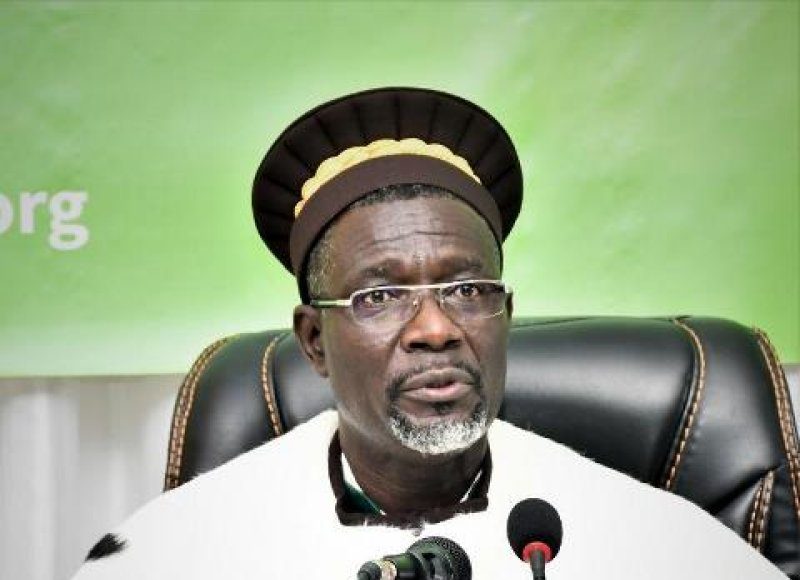ECOWAS Court: President calls for more judges
“It is not advisable to model the tenure of the judges of the Court in line with that of the tenure of the commissioners in the Commission, who are political appointees.

The President of the Community Court of Justice, ECOWAS, Edward Amoako Asante, has called for an upward review of the number of justices for the court, to enable it meet up its responsibilities.
Giving an account of how the court had fared in the last 20 years, at a ceremony in Lome on Monday, Asante said that the court had over 100 cases currently pending before it.
He said because many of the cases before it border on human rights abuses in member states, they each carry the burden of exigency which only five justices cannot meet in record time.
He explained that with only five justices, even the option of simultaneous or multiple court sittings is impossible as a minimum of three justices are required for a sitting.
He, however, said that despite the challenges, a total of 561 initiating applications had been lodged, 130 Rulings and 301 Judgments delivered, while 166 cases were currently pending.
“The reduction of the number of judges of the Court from seven as provided for in the initial Protocol on the Court to five in 2018, is of grave concern to us and it is having an adverse effect on the operations of the Court.
Despite the best efforts of the current set of judges, the number of cases pending before the Court continues to grow astronomically.
“In the light of the increasing caseload of the Court, it is obvious that a Court composed of only five members cannot cope.”
“It is also difficult to form more than one chamber in the Court, since a chamber requires a minimum of three judges.
“It is therefore suggested that the Member States should consider restoring the composition of the Court back to seven Members as provided for in the initial Protocol on the Court as soon as possible,” he said.
Asante also called for the review of the tenure of justices from the four years non-renewable to the initial five years renewable for another term of five years.
He argued that there was no international Court or tribunal that had such an abridged tenure for its judges.
“It is not advisable to model the tenure of the judges of the Court in line with that of the tenure of the commissioners in the Commission, who are political appointees.”
There is no Regional Economic Community (REC) that has this model, since the tenure of judicial officers is different from the tenure of political appointees,” he said.


